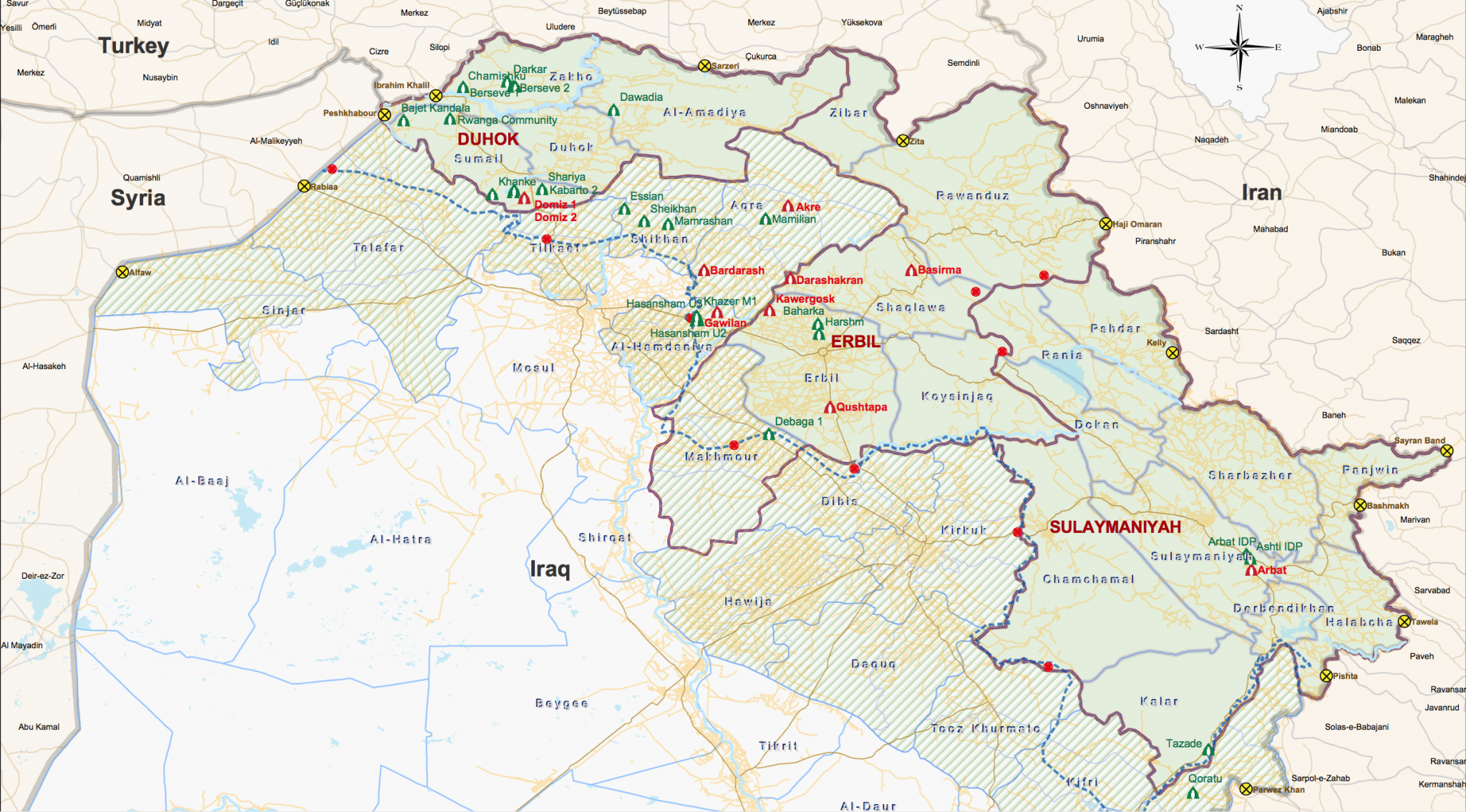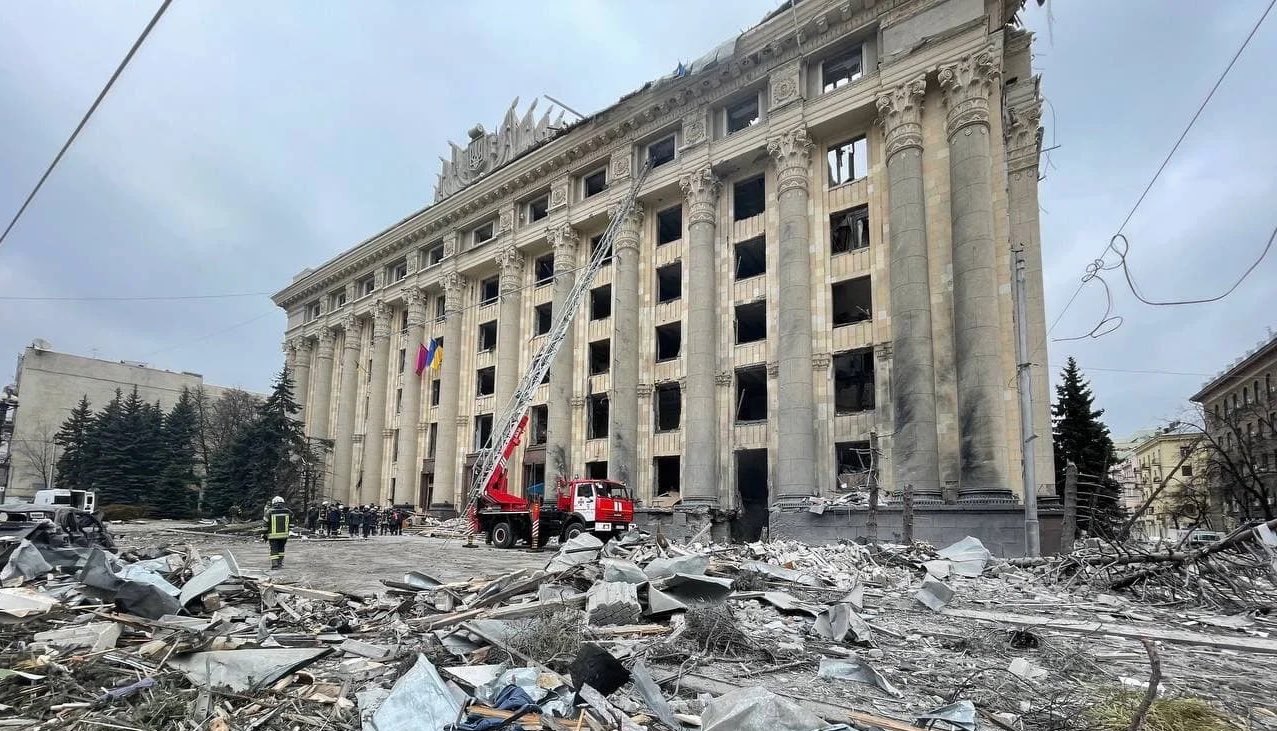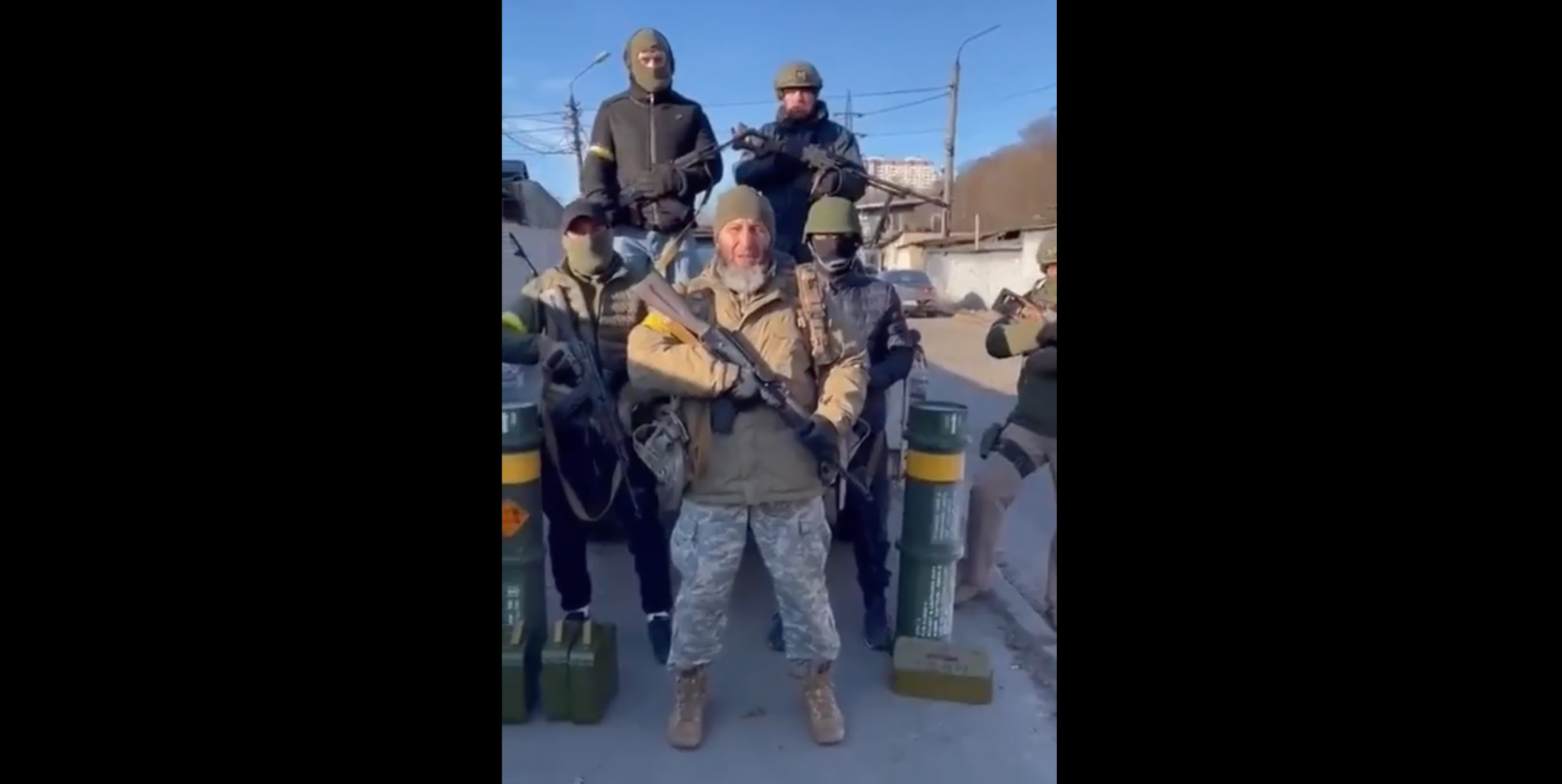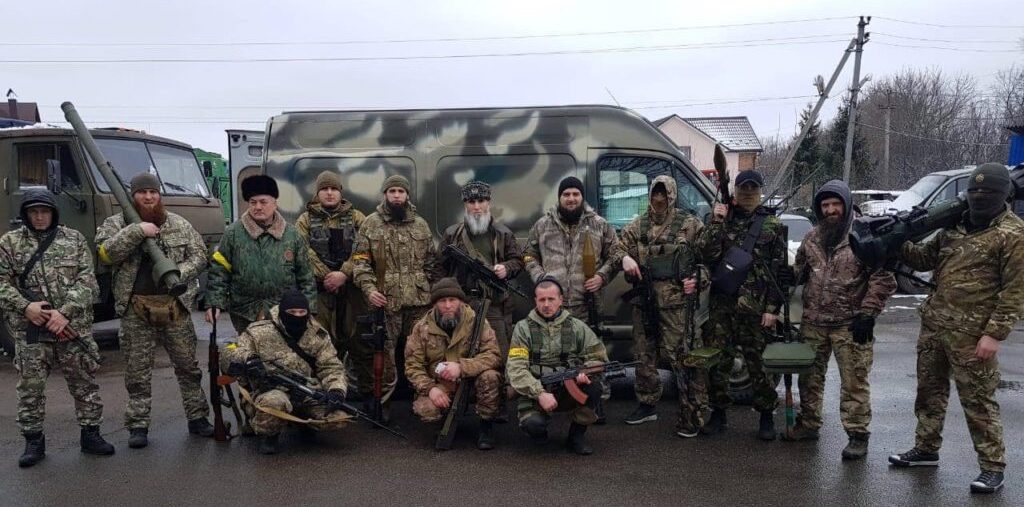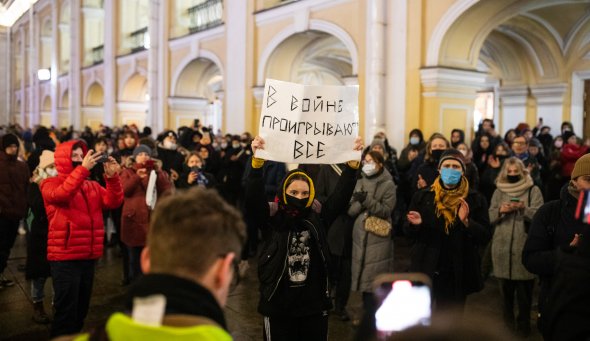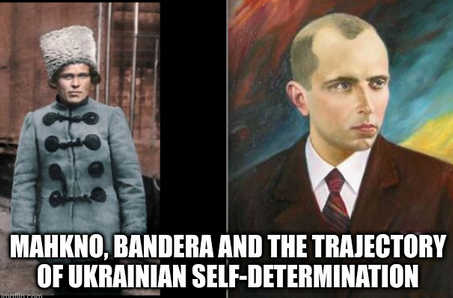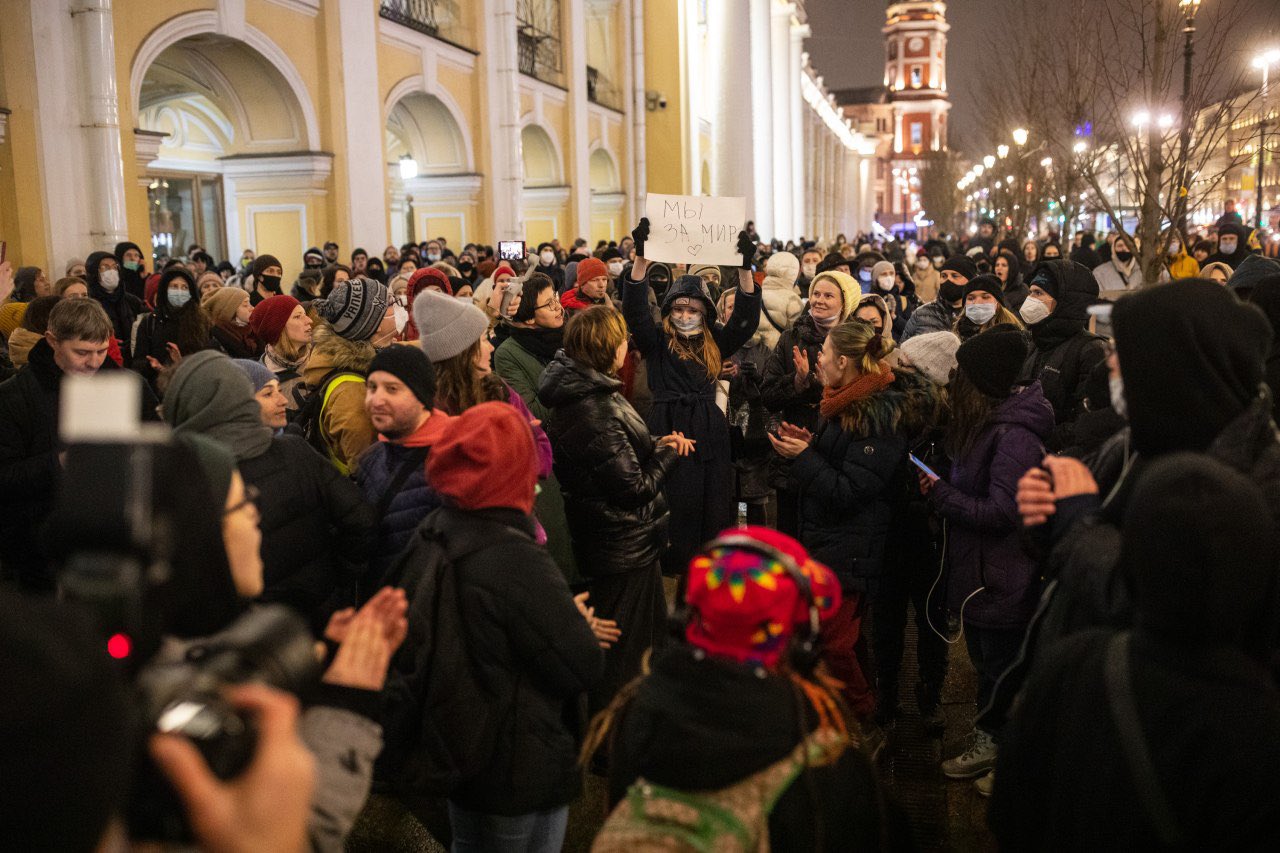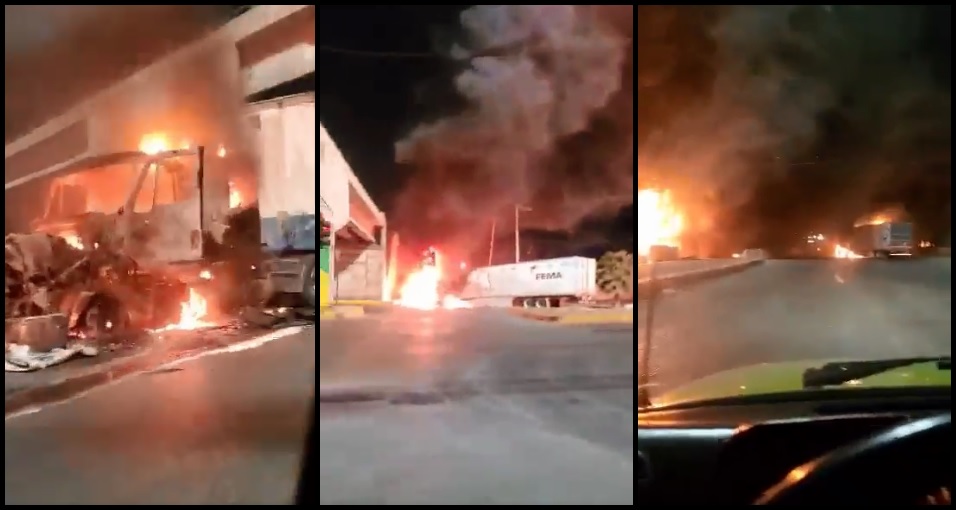
Mexico: gunfire, explosions rock Nuevo Laredo
Gunfire and explosions were reported from the Mexican border town of Nuevo Laredo following the arrest of a local gang leader by federal police and army troops. Juan Gerardo Treviño, AKA “El Huevo” (The Egg), is said be leader of the Tropas del Infierno (Troops of Hell), paramilitary arm of the Cartel del Noreste (Northeast Cartel), an offshoot of the notorious Zetas. Facing charges both sides of the border, he was nonetheless turned over to US authorities, apparently because he is a US citizen. He was handed over at a border bridge in Tijuana, far to the west of Nuevo Laredo, presumably to avoid attempts to free him. In the outburst of violence that greeted his arrest in Nuevo Laredo, the city’s US consulate was hit with gunfire. Gang members also closed off streets with burning vehicles, attacked army outposts, and lobbed grenades at buildings. (Photo: social media via Laredo Morning Times)



